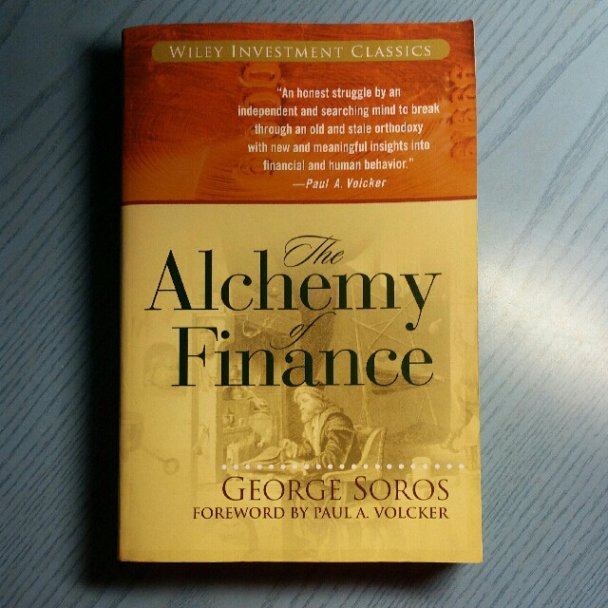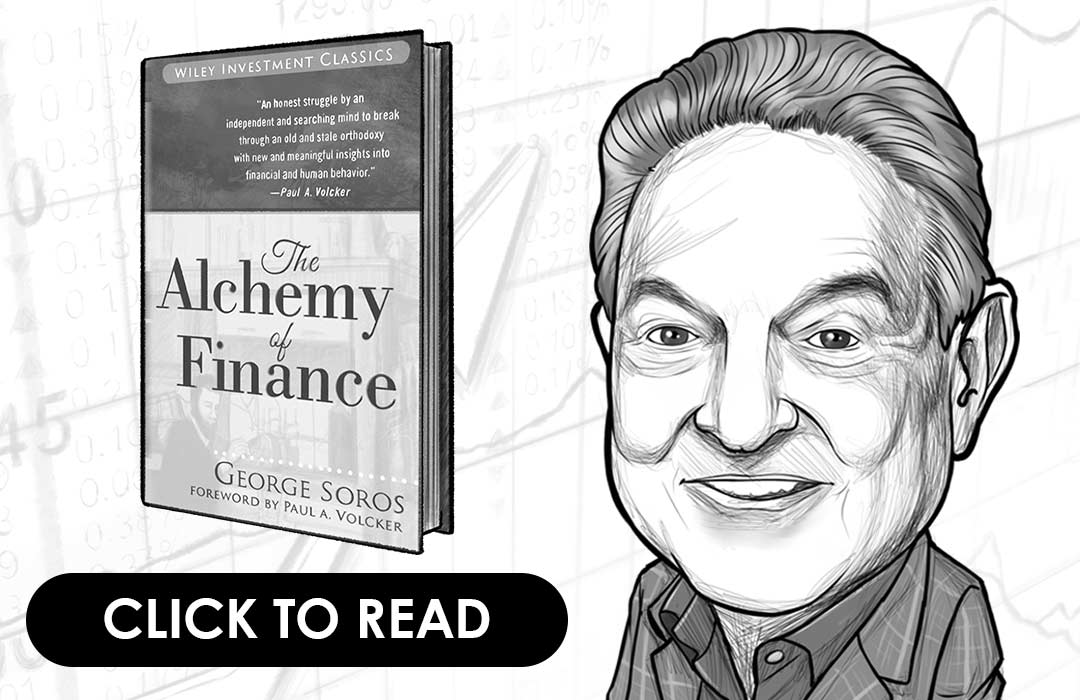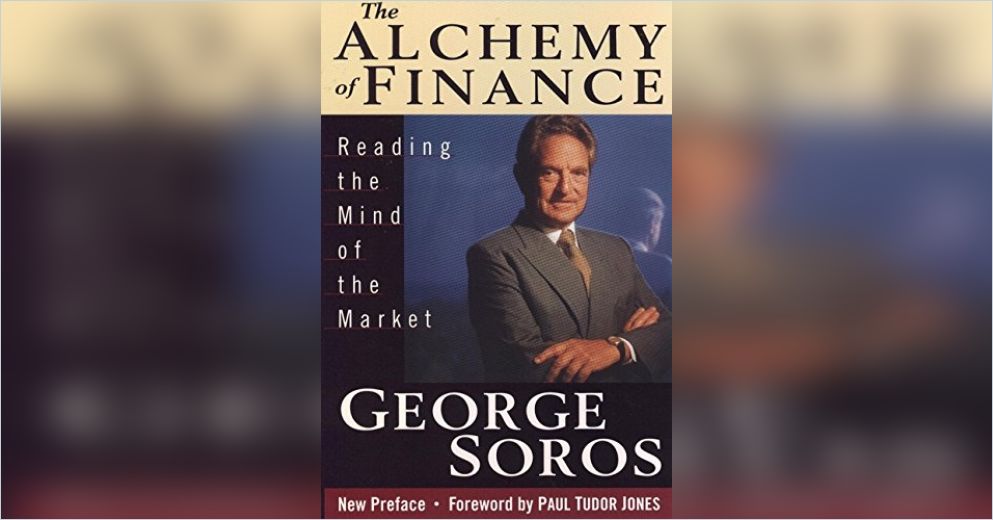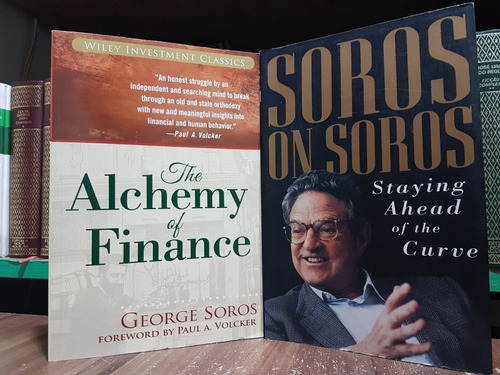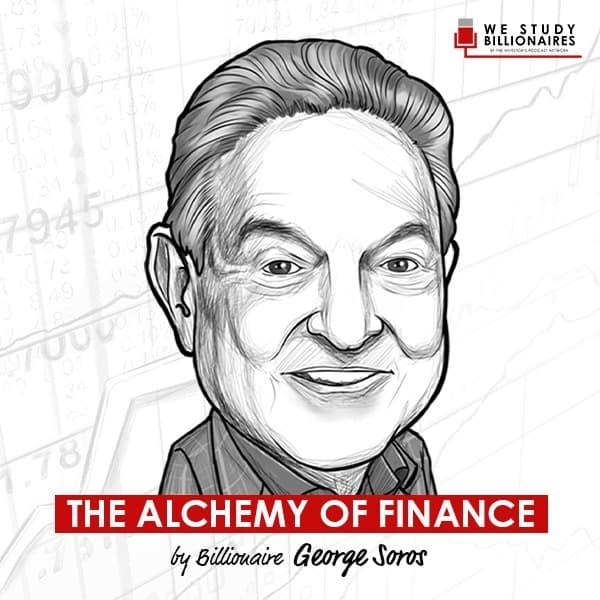George Soros The Alchemy Of Finance

Imagine a world where financial markets aren't just cold, calculating machines, but living, breathing entities, influenced by the very perceptions of those who participate in them. A world where understanding this interplay between perception and reality could unlock the secrets to market movements and, perhaps, even predict the future. This is the world George Soros explored in his seminal work, The Alchemy of Finance.
At its core, The Alchemy of Finance isn’t just another investment guide. It’s a deep dive into Soros's theory of reflexivity, arguing that investor biases and expectations actively shape the events they’re reacting to, creating feedback loops that can drive markets to extremes. Understanding this concept is crucial for anyone looking to navigate the complexities of modern finance and gain a deeper appreciation for the role of human psychology in the market.
The Architect of Reflexivity
George Soros, a name synonymous with both financial acumen and philanthropic endeavors, isn't just a successful investor. He’s a philosopher at heart. Born in Budapest in 1930, Soros survived the Nazi occupation and later immigrated to England, where he studied at the London School of Economics under the philosopher Karl Popper.
It was Popper's ideas about the fallibility of human knowledge and the open society that profoundly influenced Soros's worldview and laid the groundwork for his theory of reflexivity. This theory challenges the conventional economic assumption that markets are perfectly efficient and that prices accurately reflect all available information.
Understanding Reflexivity
Reflexivity, as explained by Soros, proposes that market participants don't just observe and react to reality. Their perceptions influence it. This influence creates a feedback loop where investor biases can amplify trends, leading to boom-and-bust cycles that deviate significantly from fundamental values.
A classic example lies in the real estate market. If investors believe that property values will continue to rise, they’re more likely to buy, driving up demand and further inflating prices. This creates a self-fulfilling prophecy, at least until the bubble bursts.
Soros argues that recognizing these reflexive relationships is key to understanding market dynamics. It can help investors anticipate potential turning points and avoid being caught on the wrong side of a trend.
The Practical Application of Theory
The Alchemy of Finance isn’t just abstract theory. It’s a practical guide that outlines how Soros applied his theory of reflexivity to his own investment decisions. Soros analyzes specific market events, dissecting how investor perceptions and biases played a crucial role in shaping outcomes.
The book details Soros's famous bet against the British pound in 1992, a move that earned him billions and cemented his reputation as a master investor. Soros recognized that the pound was overvalued within the European Exchange Rate Mechanism (ERM). He understood that the market's perception of the pound's stability was based on a flawed understanding of economic fundamentals.
By anticipating the eventual breakdown of the ERM, Soros profited handsomely from the inevitable devaluation of the pound. This event is often cited as a prime example of reflexivity in action.
Legacy and Influence
The Alchemy of Finance has had a lasting impact on the field of finance, influencing countless investors and academics. While not universally accepted, Soros's theory of reflexivity has sparked important debates about the role of psychology and perception in financial markets.
Soros's philanthropic work, primarily through the Open Society Foundations, reflects his belief in the importance of open societies and the fallibility of human judgment. He advocates for critical thinking and independent analysis as essential tools for navigating a complex world.
"Financial markets do not reflect objective reality; they reflect the subjective perceptions of reality." - George Soros
The Alchemy of Finance is more than just a book about investing. It’s a philosophical inquiry into the nature of markets and the human condition. It reminds us that our perceptions shape our reality, and that understanding these reflexive relationships is essential for navigating the complexities of the financial world. By embracing the lessons of Soros, we can become more informed investors and more critical thinkers.
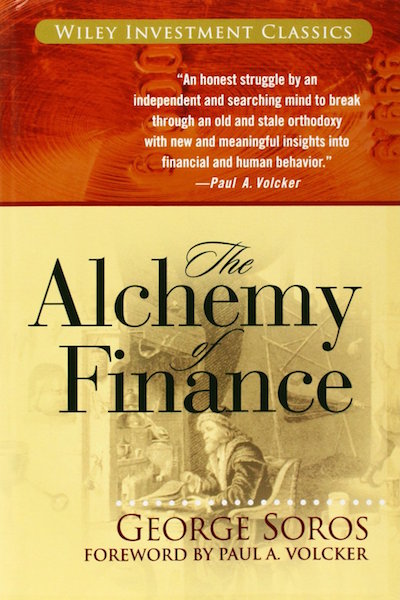




![George Soros The Alchemy Of Finance The Alchemy Of Finance [Paperback] [Jan 01, 2012] GEORGE SOROS, PAUL A](https://m.media-amazon.com/images/I/71DlyTvLo8L._SL1500_.jpg)
